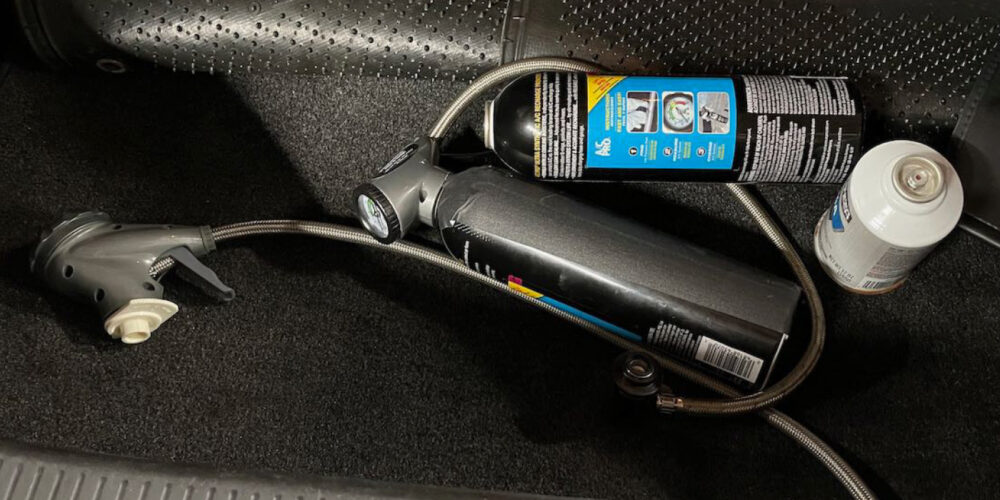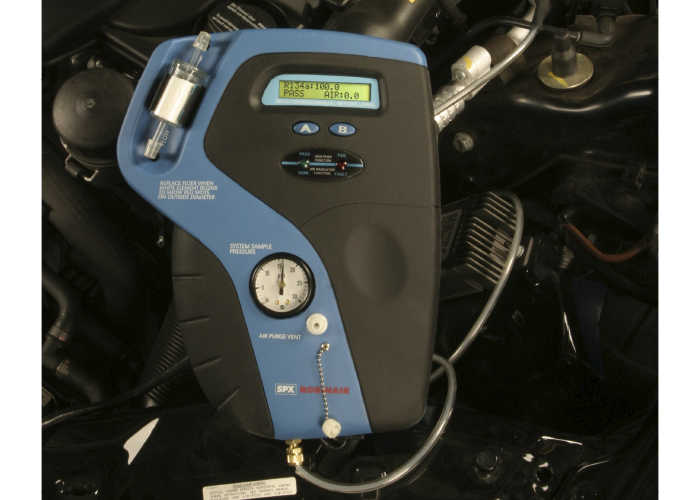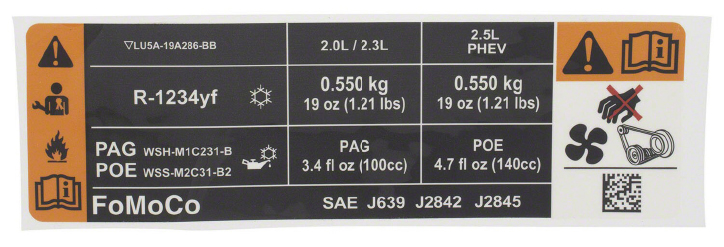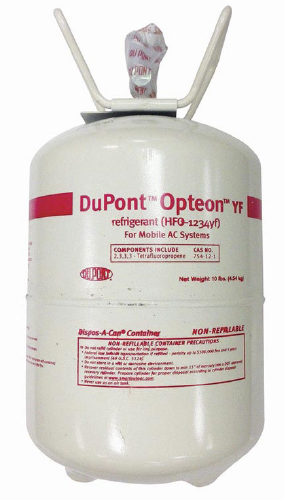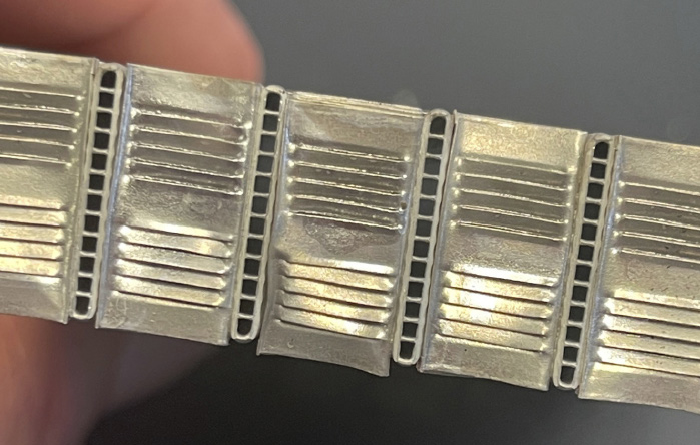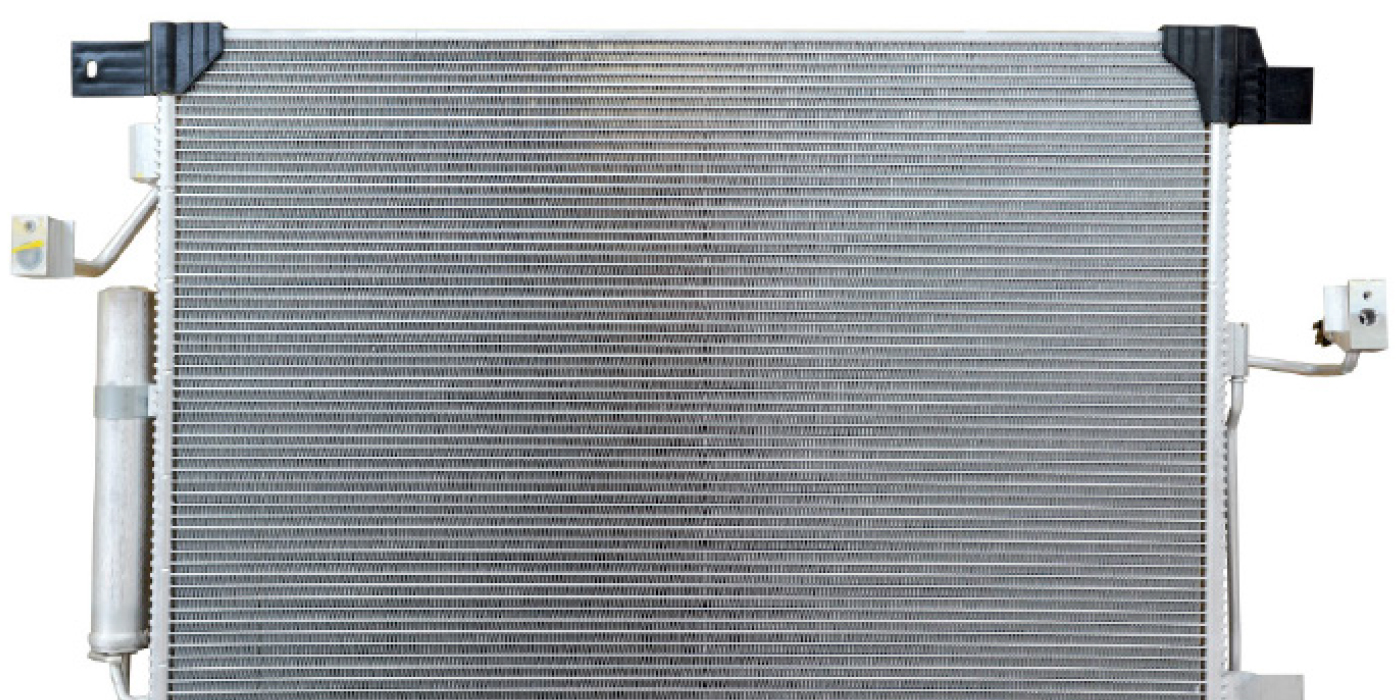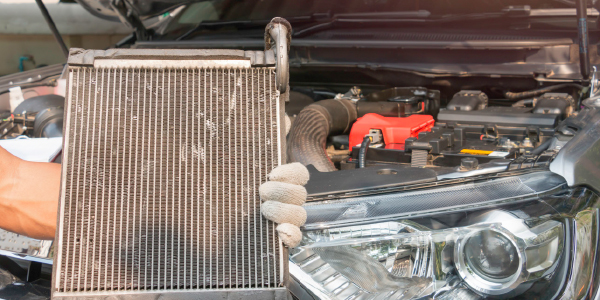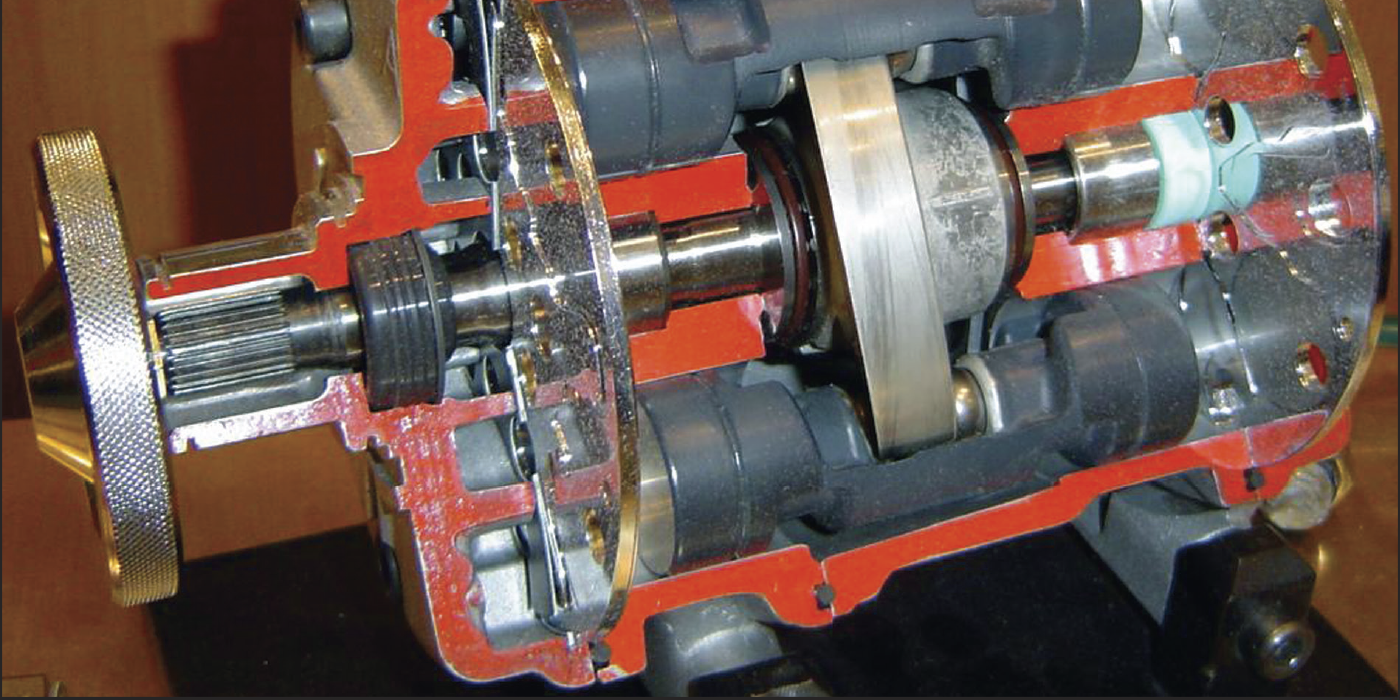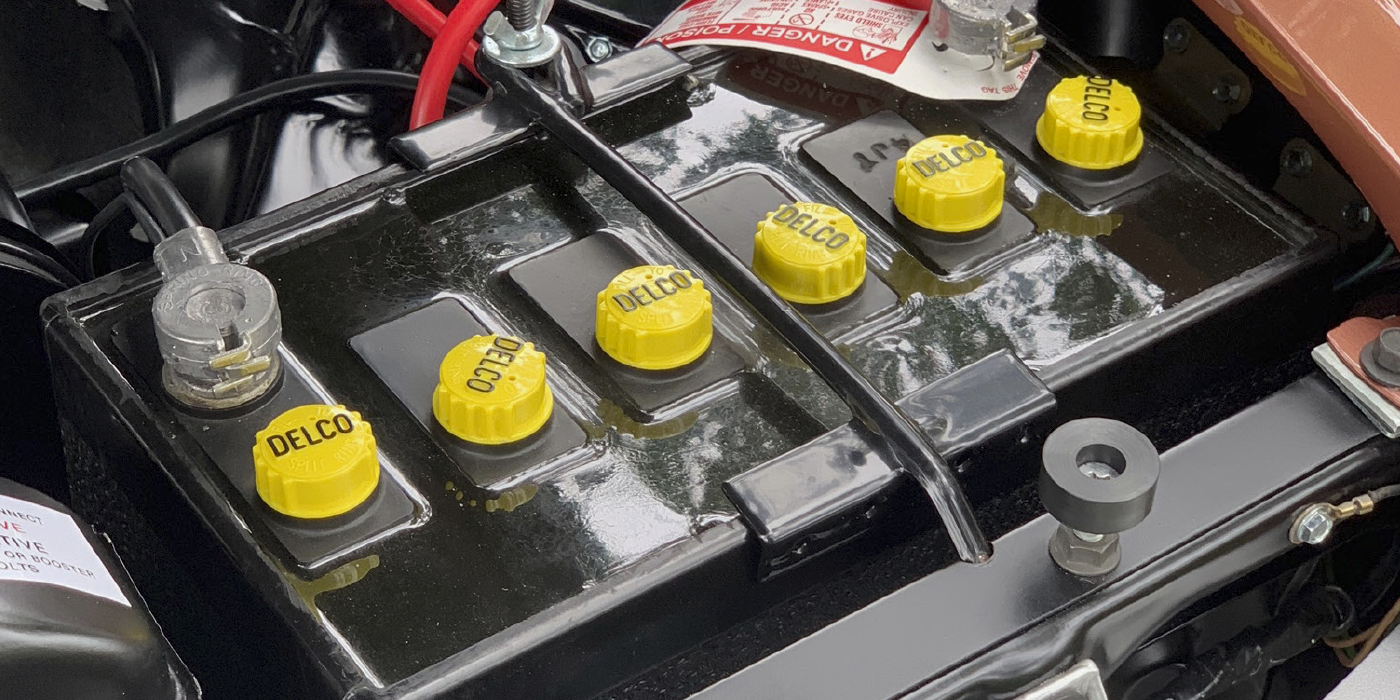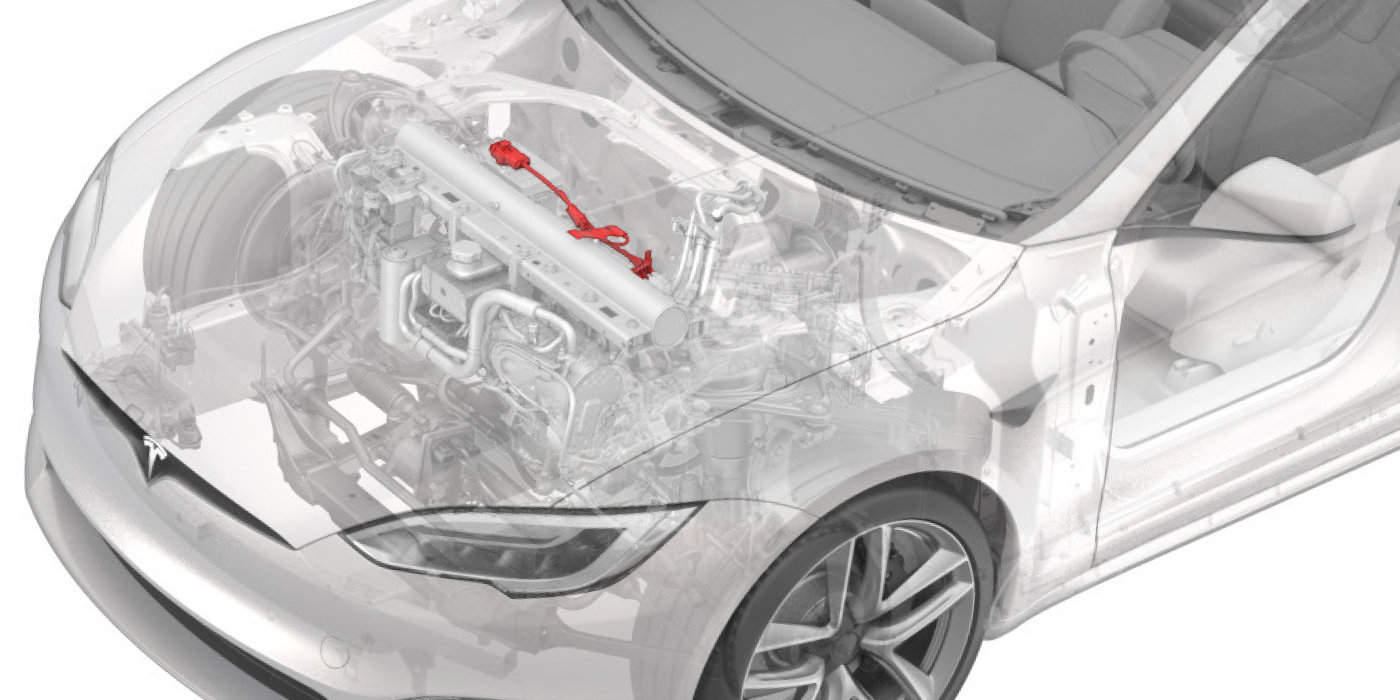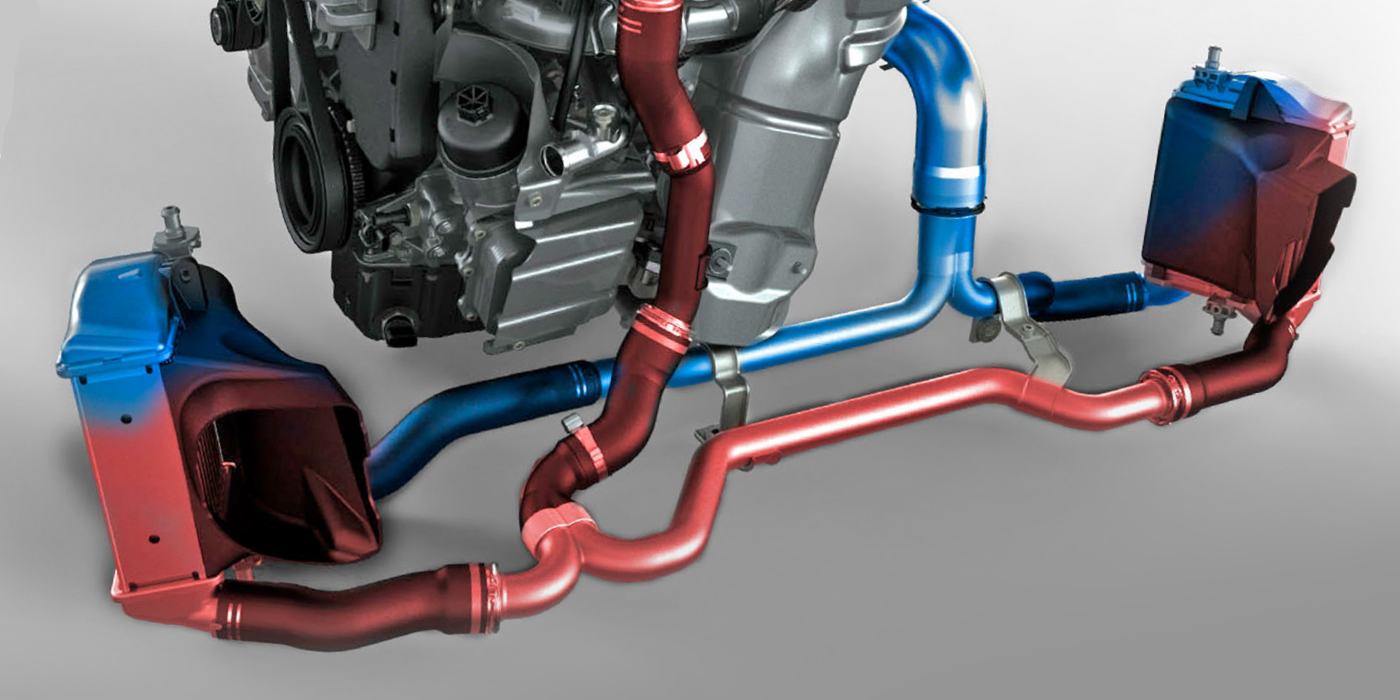I was amazed to see a DIY A/C recharge kit for R-1234yf systems at my local retail auto parts store. The 14-oz. can even came with a hose that connects to the low side of the system. It even had a gauge to read the pressure. I am all for consumers being able to fix their vehicle with products like these. But, this also indicates an opportunity for shops when customers overcharge or contaminate their A/C system.
It is difficult to estimate how many vehicles already have R-1234yf due to the phasing in process over the past 10 years; some estimate it is already well over 80 million vehicles. And, almost all 2022 vehicles and newer will have R-1234yf, except for electric and hybrid vehicles. It is not a question of if, but when, you’ll have to deal with this refrigerant. While working on R-1234yf systems is not that different from the R-134a variety in operation or theory, identifying the refrigerant and recharging the system has some new twists.
The reason behind the change is the length of time refrigerants can linger in the upper atmosphere. R-134a may take up to 10 years to break down into a non-greenhouse gas. Twenty-five years ago, this was seen as a considerable improvement over the 100-year-plus lifespan of R-12. But, R-1234yf is a greater advancement over R-134a, as it takes only three to four years to break down in the upper atmosphere. R-1234yf is also corrosive and the seals and internal surfaces have been treated.
Even with the quick breakdown of R-1234yf, you will still have to purchase a new machine to recover and recycle the new refrigerant. You will also need to understand the new oil compatability issues with the R-1234yf and what happens when refrigerants mix. The one investment you should make now is a refrigerant identifier tool.
R-1234yf is available in cans not exceeding two pounds and does not require an EPA J609 license to purchase. If a shop is purchasing a 10-lb. cylinder, they will need an EPA 609 certification. The cost of an 8-oz. can could be in excess of $40 and a 10-lb. cylinder can cost between $400 to $500 retail.
Small cans might seem like stop-gap measure until you can afford a R-1234yf recycle and recovery machine. You can even buy adapters for your gauge set to connect to R-1234yf system. The problem with this approach is that it is difficult to measure the correct amount of refrigerant for the systems. Some systems are so sensitive that just a little bit refringent trapped in a hose can cause an overcharged condition.
R-1234yf and even modern R-134a systems have become more efficient and require less refringent. This means that they are more sensitive to being over- or under-charged. Using the method of adding until it blows cold will often cause problems.
Vehicles with R-1234yf have different service fittings to prevent cross-contamination with different refrigerants. R-1234yf refrigerant is mildly flammable, so safety in handling is very important. In addition, techs should note the procedure for servicing vehicles with R-1234yf is going to take longer than vehicles equipped with R-134a. There are more leak and purity check capabilities built into R-1234yf machines to comply with SAE standards.
Why should shops consider purchasing a new machine to handle R-1234yf refrigerant? The most obvious answer is that old A/C machines that worked with R-134a will not be able to service the new refrigerant. So, you will need a separate machine for servicing R-1234yf-equipped vehicles.
If you are holding out on purchasing an R-1234yf recycle/recovery machine, you still should be able to identify R-1234yf and existing refrigerants, along with possible contaminants. A refrigerant testing tool can help diagnose A/C problems on late-model vehicles, even if you plan to sublet the recovery and charging part of the job.
New recycle/recovery machines have come a long way. New SAE J2843-certified machines have automated processes that require little supervision. Some machines work with phone and tablet applications to alert the technician if a task is complete or if further checks need to be performed.
The machine will permit only a 15% charge of R-1234yf to enable the technician to use an electronic detector to pinpoint the leak. The purpose of this test is to ensure that the system is reasonably leak-free prior to a recharge, both for environmental benefit and to avoid wasting the expensive refrigerant.
So, be reminded that a recycle/recovery machine can save money by not wasting refringent during system diagnostics and leak checks.
COMPRESSOR OIL CHANGES
But, just as the discontinuation of R-12 necessitated the use of certain ester and PAG oils, the introduction of R-1234yf brought with it new requirements for A/C compressor oils that techs need to be cognizant of since manufacturers are now requiring more varied and specific A/C compressor oil formulations for the cars they build.
The proprietary nature of these products has put the onus on shop owners and techs to be stocked with, and ready to use, the wide array of A/C compressor oils on the market to accommodate whatever vehicle rolls into their shop.
For hybrid-electric vehicles that use electrically driven compressors, polyol ester (POE) oil is not just recommended, its use is mandatory, in many cases.
Using PAG oil in hybrids can be hazardous to the vehicle, but it can also endanger the technician since there is an electrocution risk associated with using the wrong A/C compressor oil.
R-1234yf will probably be the last hydrofluorocarbon refringent until they perfect carbon dioxide or galvanic systems. But, this will not happen for at least a decade. Invest now in training and equipment.

